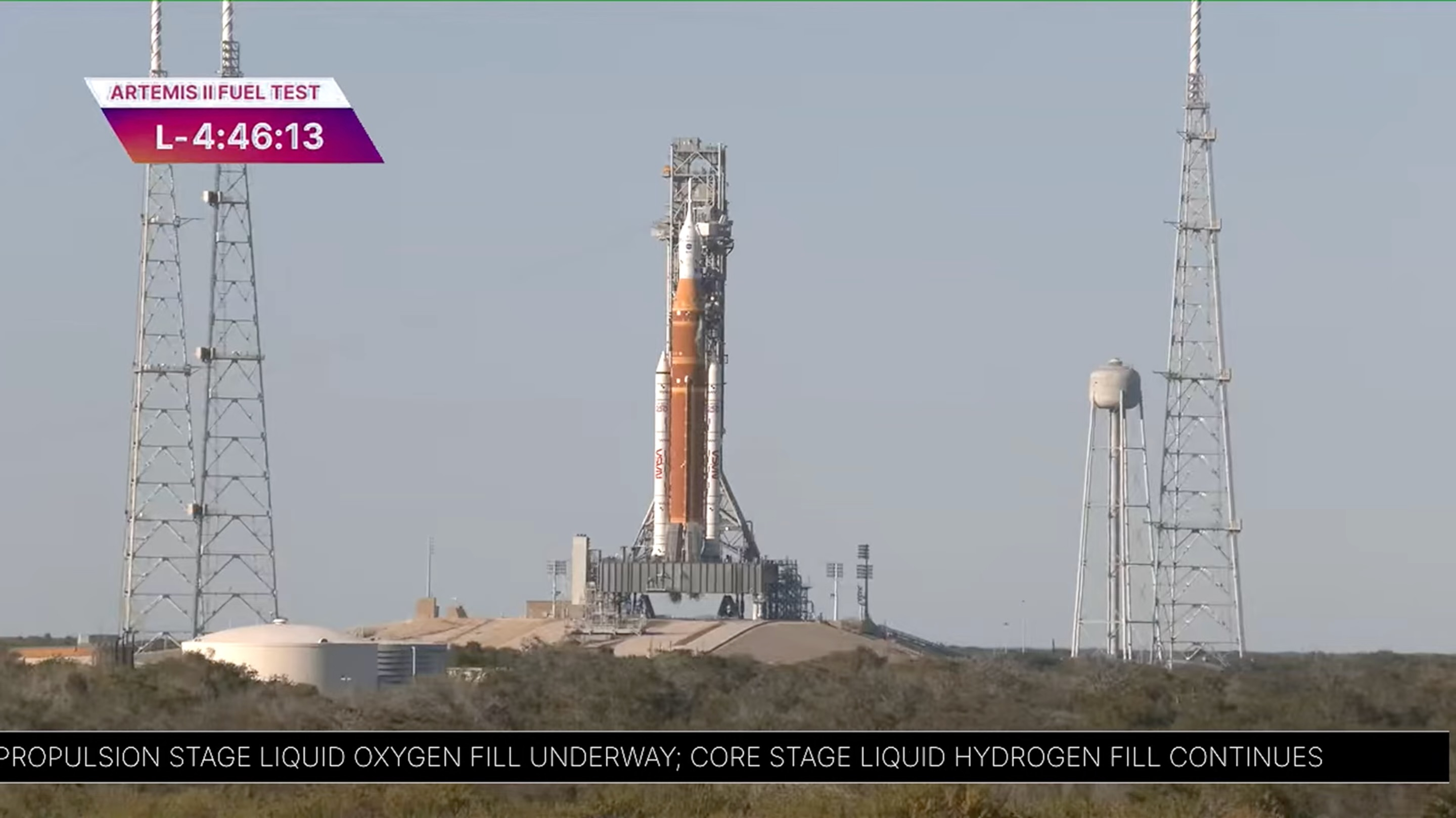Satellite Company's Chief Resigns Amid Lower Expectations
PARIS - Integral Systems Inc. announced theresignation of its president and chief executive, John Higginbotham, Aug. 6,just one year after he took the job and three days after the satellite groundsystem software provider reported a quarterly operating loss and warned that itwould not meet its year-end revenue expectations.
Higginbotham,who arrived at Integral in July 2009 with the stated goal of turning around acompany he said had suffered from accounting lapses and a lack ofinvestment in its product lines, also resigned as a member ofIntegral’s board of directors.
Integralboard member Paul Casner, former chief operating officer of DRS Technologies,will replace Higginbotham as interim chief executive, the company said.
Columbia,Md.-based Integral reported an operating loss for thethree months ending June 30 — the company’s fiscal-year thirdquarter — and said its full-year results, while showing a profit, willfall well short of the 10 percent growth the company had predicted in December.
The company said its costs across theboard — legal, accounting, research and development, and regularoperating expenses — have been higher than expected, but that some of theinvestment will pay off as Integral positions itself for more government work.
The resultsfor the quarter also have been affected by the Chapter 11 bankruptcy filing byProtoStar, a San Francisco-based start-up satellite operator that has been anIntegral customer.
In an Aug.3 conference call, Integral Chief Financial Officer William M. Bambarger saidIntegral’s revenue for the three months ending June 30 was reduced by$600,000 because ProtoStar indicated it couldnot pay its bills. He said Integral has created an $800,000 bad-debtreserve for ProtoStar work, which he said is equivalent to 50 percent of whatProtoStar owes.
Breaking space news, the latest updates on rocket launches, skywatching events and more!
In its July29 Chapter 11 submission to the Delaware Bankruptcy Court, ProtoStar listed$2.5 million in debt to Integral.
Higginbotham said during the callthat the company’s internal system for judging customers’ financialsoundness worked acceptably well in the case of ProtoStar.
“We did a pretty good job ofearly warning on this,” Higginbotham said of ProtoStar, adding that Integral has contained the financialdamage to the extent possible and remains hopeful that a satisfactory repaymentagreement can be reached with ProtoStar.
Bambargersaid that when ProtoStar is removed from the company’s results,Integral’s Commercial Systems division reported higher-than-expectedrevenue, in part because of a big commercial satellite contract with MitsubishiElectric Co. of Tokyo as part of Mitsubishi’s commercial DS2000 commercialsatellite platform program.
Bambargersaid commercial contracts in Europe also helped contribute to thebetter-than-expected revenue performance of the Commercial Systems division notincluding ProtoStar.
Integralmanagement had told investors the company had a good chance to unseat HarrisCorp. for a multiyear contract for the U.S.Army’s Modernization of Enterprise Terminals (MET) program.
Melbourne,Fla.-based Harris, which was the incumbent supplier for the satellitecommunications terminals to be replaced under the MET program, announced inApril that it had won the 10-year, $600 million contract along with itspartner, General Dynamics Satcom Technologies of Newton, N.C.
Higginbotham said that whileIntegral is disappointed in the loss, the result should not be viewed as anindicator that Integral’s cost basis is a problem for future governmentwork.
Integralreported revenue of $39.8 million for the three months ending June 30, down 5.6percent from the same period a year ago. The company reported an operating lossof $3.9 million for the period, compared to operating income of $7.9 million ayear ago.
One ofHigginbotham’s tasks in taking the Integral job was to clean up accounting practices thatwere recently the subject of a settlement with the U.S. Securities and ExchangeCommission (SEC).
The SECsettlement, which principally involved Integral executives who are no longerwith the company, was announced July 30 and did not include any financialpenalties. But the investigation has cost the company in management time andlegal fees.
Governmentprograms represent more than half of Integral’s revenue. Higginbothamsaid Integral is positioning itself for a large number of classified andunclassified U.S. government contracts to be awarded in the next year or so.The internal costs incurred now to prepare for those contracts will bear fruitlater on, he said.
One of thelarger near-term contracts Integral hopes to win is for the ground control andcommand of the current GPS-2 and future GPS-3 timing and positioningsatellites, a contract known as GPS OCX. Integral is part of a team led by NorthropGrumman Corp. of Los Angeles.
- Economic Crisis Poses Challenge for Space Industry
- Satellites, Satellite System at SPACE.com
- All About the Economy

Charles Q. Choi is a contributing writer for Space.com and Live Science. He covers all things human origins and astronomy as well as physics, animals and general science topics. Charles has a Master of Arts degree from the University of Missouri-Columbia, School of Journalism and a Bachelor of Arts degree from the University of South Florida. Charles has visited every continent on Earth, drinking rancid yak butter tea in Lhasa, snorkeling with sea lions in the Galapagos and even climbing an iceberg in Antarctica. Visit him at http://www.sciwriter.us
